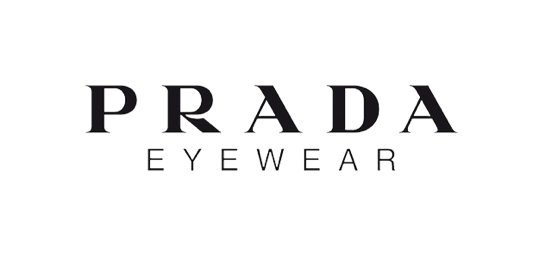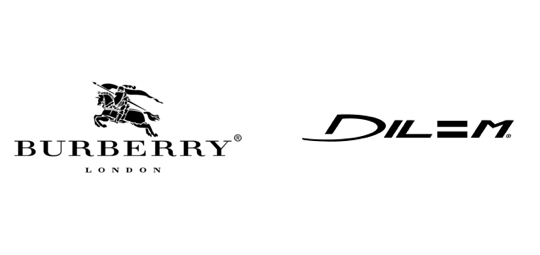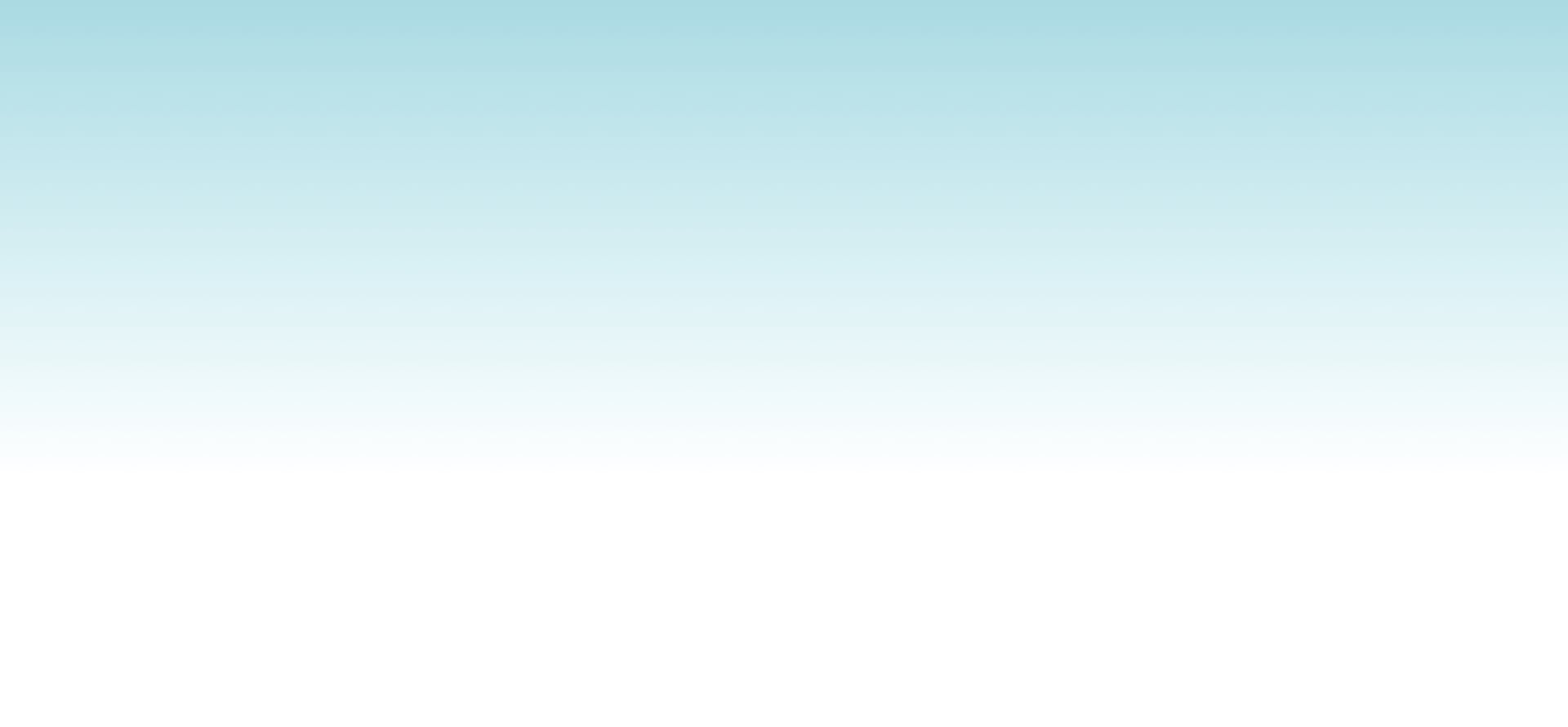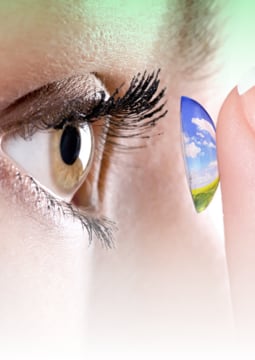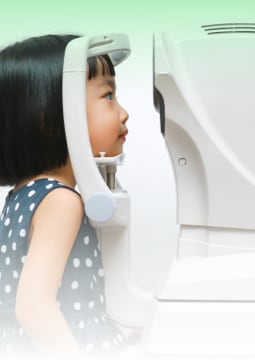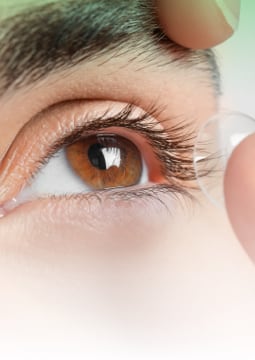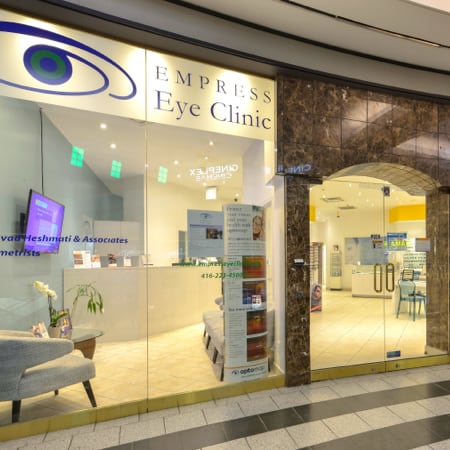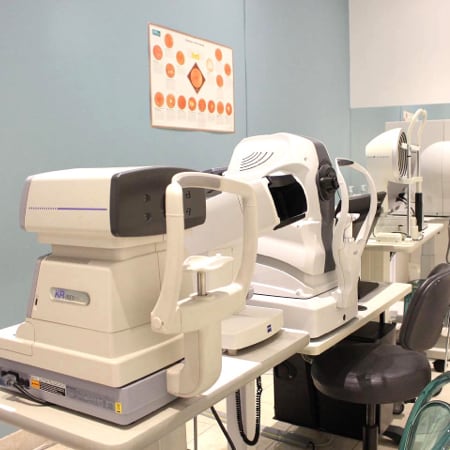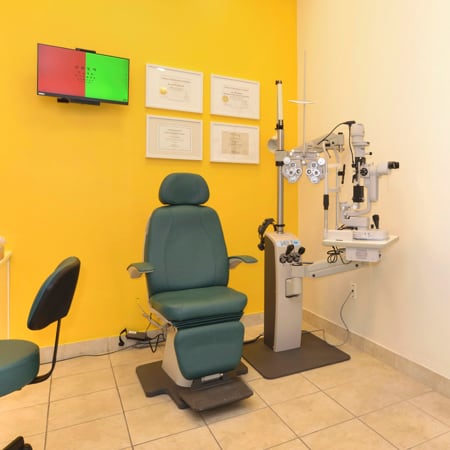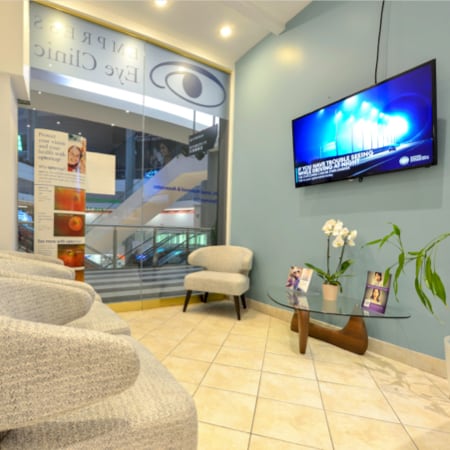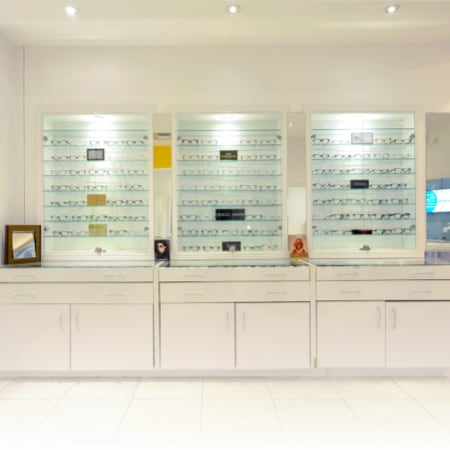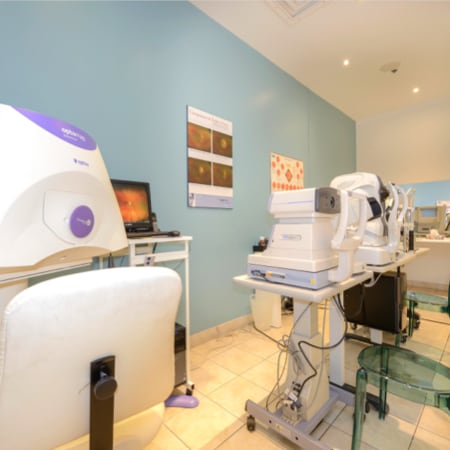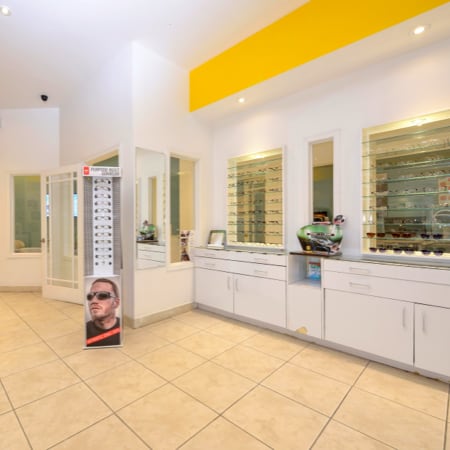Myopia Control in North York, Toronto, ON
At Empress Eye Clinic, we provide all effective myopia management preventions and treatments available today. We understand that myopia is more than a refractive error—it’s a progressive condition that can lead to serious sight threatening ocular diseases if not managed effectively. Our extensive range of myopia management options makes us committed to selecting and adjusting unbiased treatment protocols designed for our patient’s best interests. This commitment ensures not only the reduction of myopia progression in children but also minimizes the risk of associated eye diseases in the future.
The Unbiased Approach to Myopia Management:
As leaders in myopia care, we believe in an unbiased approach to treatment selections. Our comprehensive suite of management options ensures that our recommendations are based solely on what will deliver the best outcomes for our patients. From conventional methods to innovative interventions, every treatment plan is tailored to the individual’s needs and regularly adjusted to ensure optimal results.
Our Myopia prevention:
We believe in a proactive approach to myopia prevention aimed at reducing the onset and progression of nearsightedness in children and adults. Prevention starts with understanding the risk factors, such as genetics and environmental influences like prolonged close-up tasks and limited outdoor activities. We regularly update our knowledge with the latest advancement in myopia alongside with other area of eyecare and advocate for regular eye examinations to catch early signs of myopia, and our eye doctors provide personalized guidance on visual hygiene, including appropriate lighting, frequent breaks during near work, and encouraging outdoor time, which has been shown to be beneficial in myopia prevention. By addressing these factors early on, we can work together to keep your vision clear and focused, preventing myopia from becoming a hurdle.
Our treatment arsenal includes:
– Prescription Eyeglasses and Contact Lenses: Precisely calibrated to correct nearsightedness and support daily activities while slowing the myopia progression.
– Orthokeratology (Ortho-K) or corneal refractive therapy: Non-surgical, reversible contact lenses worn overnight to reshape the cornea.
– Atropine Eye Drops: Used in low doses to slow myopia progression.
-Dual-focus contact lenses.
– Multifocal Contact Lenses: Designed to provide clear vision at all distances and potentially slow myopia progression.
-Defocus Incorporated Multiple Segments (DIMS) lenses.
– Other specialty designs lenses for myopia management.
– Multifocal eyeglasses: Similar to contact lenses, these glasses are crafted to assist children in focusing more effectively, which may reduce myopia progression.
– Pharmaceutical treatments: Low does cycloplegic eye drops that may be used separately or in conjunction with other myopia management strategies.
Preventing Myopia-Related Eye Diseases:
Early and proactive management of myopia is critical in reducing the risk of developing serious myopic-related eye diseases later in life. These conditions include:
– Glaucoma: A group of eye conditions that damage the optic nerve.
– Cataracts: Clouding of the usually transparent lens of the eye.
– Retinal Detachment: An emergency condition where the retina pulls away from the supportive tissue.
– Myopic Macular Degeneration: A condition that affects the retina’s central portion (macula) and can lead to significant vision loss.
Ongoing Consultation and Education:
Our dedication to myopia management extends beyond the clinic. We believe in building lasting relationships with our patients and their families, providing them with ongoing education and support. Regular follow-ups and adjustments to treatment plans are pivotal in achieving the best vision outcomes. Through these consultations, we ensure that parents are well-informed and involved in the journey to manage their child’s myopia effectively.
Conclusion:
Empress Eye Clinic’s unique and unbiased approach to myopia management allows us to serve our patients with the utmost integrity. By offering a full spectrum of treatment options, we ensure that each child and young adult receives the most suitable and effective care, reducing the likelihood of myopia-related complications later in their lives. Join us in taking a proactive stance against myopia and safeguarding your child’s vision.
Take control of myopia and help secure your child’s visual future. Reach out to Empress Eye Clinic today to explore the best myopia management strategies and embark on a tailored treatment journey.
Dr. Heshmati Answers Your Questions
Q: What is Myopia, and how does it progress?
A: Myopia, also known as nearsightedness, is a vision condition where close objects appear clear, but distant objects appear blurry. Myopia is often progressive, meaning distance vision worsens over time. As a result, the child may require a stronger prescription and new glasses or contact lenses frequently.
Q: At what age does Myopia typically begin, and when does it stop progressing?
A: Myopia can start at any age, but it typically begins around the school age, although some children may develop it before age five. Unfortunately, when it starts at an early age, it progresses rapidly until age 18. New studies suggest that it continues throughout college but at a slower pace.
Q: Why is the progression of Myopia a health concern?
A: The World Health Organization (WHO) estimates that by the year 2050, 50% of the world’s population (about 5,000,000,000 people) will be nearsighted. Furthermore, if not intervened, approximately one billion people will have high Myopia, increasing their risk of serious sight-threatening eye diseases, such as retinal detachment, glaucoma, early cataracts, and myopic macular degeneration. As myopia increases, the risk of developing myopic-related eye diseases also increases. For instance, a person with a -7.00 diopter myopia is 50 times more likely to develop myopic macular degeneration than one without myopia. The risk increases to 200 times for someone with -9.00 diopter myopia. Early detection and treatment of Myopia are vital to reducing the risk of developing these eye diseases later in life.
Q: At what age should Myopia progression be controlled?
A: Since there is a limited window of time to control myopia progression effectively, early intervention is vital. All children should have a regular annual eye examination and monitor their Myopia. Children at higher risk of developing Myopia, such as those with two myopic parents, should start myopia control treatment as soon as possible, even before becoming myopic, to delay the onset of Myopia. We recommend myopia control in children and young adults when there is progression, regardless of age or other risk factors. The younger the child, the greater the progression, so the earlier the Myopia Management starts, the better.
Q: What are Ortho K/Contact Lenses, and how does it control Myopia?
A: Orthokeratology (Ortho K) is a type of corneal refractive therapy that involves wearing a specially designed gas-permeable contact lens overnight. While sleeping, the lenses gently reshape the front surface of the eye (the cornea). In the morning, upon removing the lens, one will see clearly without needing eyeglasses or contact lenses during the day. Ortho K lenses control peripheral hyperopic defocus, which is the primary cause of the elongation of the eyeball and, thus, the progression of Myopia.
Q: What lifestyle changes can be made to lower the progression of Myopia?
A: Studies have shown that Myopia’s development and progression are significantly associated with reading at very close distances for extended periods. Children who spend more time outdoors (at least two hours daily) become myopic later in life. For those who are already myopic, the rate of progression is lower. Reducing unnecessary close work, taking breaks every 20 minutes during close work activities, and increasing outdoor activities can help reduce Myopia’s progression.
Q: My child is too young for contact lenses; should they wait to begin myopia control?
A: While contact lenses are an option for myopia control in some cases, other options, such as pharmaceutical agents and specialty-designed eyeglasses, are also available when the child or parents are not ready for contact lenses. When fitting contact lenses, we ensure our patients know how to use and handle them safely. We also teach parents how to insert, remove, and clean the lenses when fitting contact lenses for young children. My youngest contact lens patient was a newborn baby who was born with a congenital cataract. After the operation and removal of the cataract, she needed a specialty contact lens to correct her vision for the eyes and vision to develop normally and prevent amblyopia (lazy eye) and other eye and vision problems. When a child is too young to handle contact lenses, we teach their parents to do the insertion, removal, and cleaning for them.
Q: I have heard that Myopia is being called an epidemic. Do you think so? And if so, why is the prevalence increasing so dramatically?
A: Unfortunately, it is true. Our lifestyle, in which kids spend more time indoors and doing close work than outdoor activities, is the leading cause of Myopia. Genetics and ethnicity are also known to play a significant role in developing Myopia. Any child has a 25% chance of becoming myopic; if one parent is myopic, the probability increases to 40%. If both parents are myopic, there is a 75% chance that their children will become myopic. With myopia management and reducing the progression of Myopia, the risks decrease. Any single diopter reduction in the progression of Myopia is a big step in a child’s well-being.
Q: Do you have any advice for parents?
A: The best advice for any parent is to have their children’s eyes checked annually and encourage them to spend two hours or more outdoors to be exposed to normal outdoor lighting. Multiple studies suggest that exposure to normal outdoor light delays Myopia’s onset and reduces its progression. It also improves their overall health.
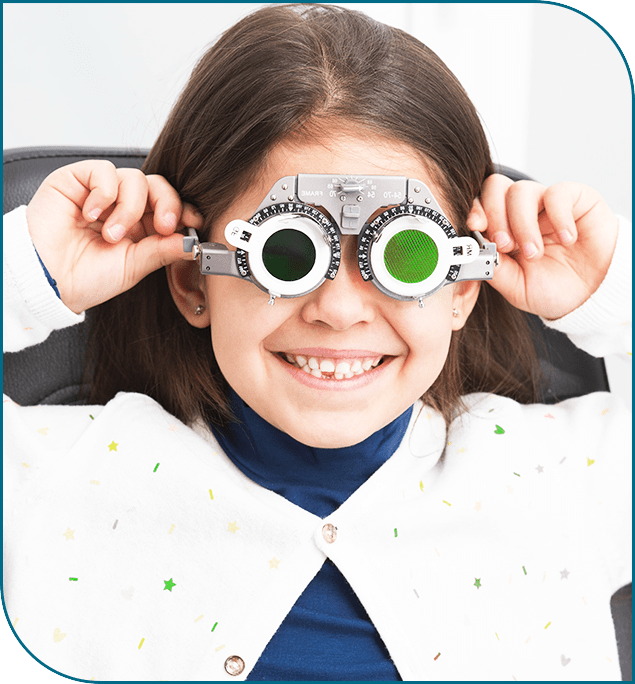
What is Myopia?
Myopia is the most frequent correctable eye condition. It happens when the eye grows too long from front to back, causing images to focus in front of the retina. When images are focused in front of the retina, it appears blurry and makes it difficult to see distant objects.
Myopia, also known as nearsightedness or shortsightedness, typically starts in childhood, around age six or earlier.
Individuals with high myopia (-5.00 Diopters or more) have a higher risk of developing serious eye conditions, such as glaucoma, retinal detachment, retinal tear, retinal hole, choroidal neovascularization, and early cataract.
It is vital to manage myopia at its early stage before it becomes too late.


Myopia in Children
Myopia often presents in childhood, and is highly prevalent in children starting as young as three years old.
Myopia can affect how a child learns and develops as they rely so much on sight in their formative years. Myopia can also put a child at risk of developing additional eye diseases and conditions, including retinal detachment, glaucoma, and macular degeneration.
To prevent your child from experiencing the adverse effects of myopia, ensure your child receives regular eye exams. Early detection of myopia can help your optometrist start a treatment plan to manage their symptoms and help your child see correctly and reduces the progression!
proves their overall health.
Start Your Myopia Treatment Today
The first step to maintaining and improving your child’s vision is to ensure they’re receiving regular eye exams. By identifying myopia early, we can effectively deliver treatment.
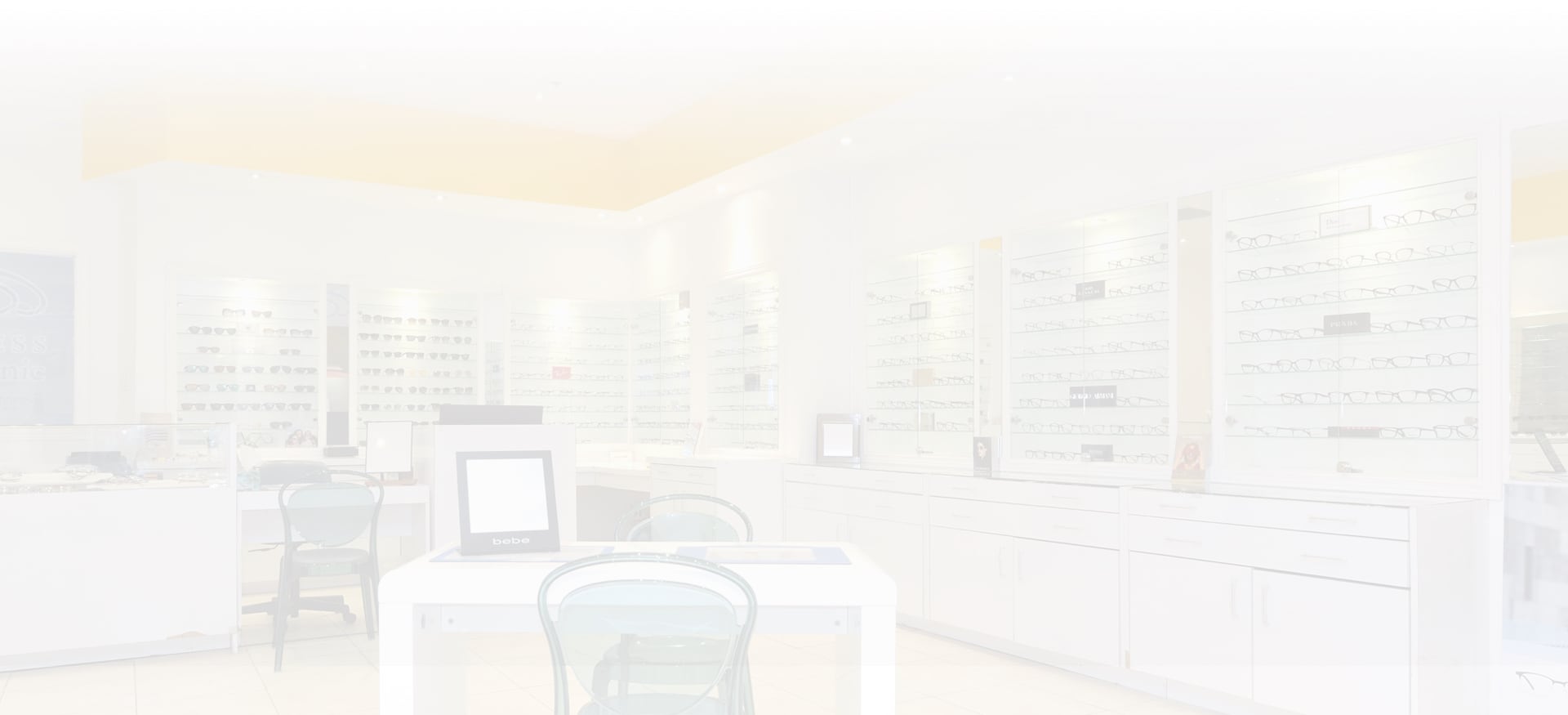
Our Location
Empress Eye Clinic
5095 Yonge Street, Unit B6
North York, Ontario
M2N 6Z4
Located at Empress Walk Mall at the corner of Yonge and Empress Avenue. Near Yonge and Sheppard and Yonge and Finch. We serve patients from North York, Willowdale, Thornhill, Richmond Hill, Bayview Village, Markham, Yonge- Eglinton, Lawrence Park, York Mills, and the Greater Toronto Area (GTA)
Our office is directly accessible by the Yonge-University Subway from North York Subway Station. It is also easily accessible by vehicle from Hwy 401
Address
- 5095 Yonge Street Unit B6
- North York, ON M2N 6Z4
Contact Information
- Phone: 416-223-4500
- Fax: 647-343-0347
- Email: [email protected]
Hours of Operation
| Monday | 10:00 AM – 07:00 PM |
| Tuesday | 11:00 AM – 07:00 PM |
| Wednesday | 10:00 AM – 07:00 PM |
| Thursday | 10:00 AM – 06:00 PM |
| Friday | 10:00 AM – 07:00 PM |
| Saturday | 10:00 AM – 05:00 PM |
| Sunday | closed |
Some of Our Services
Ask Us About Direct Insurance Billing
Our Brands

